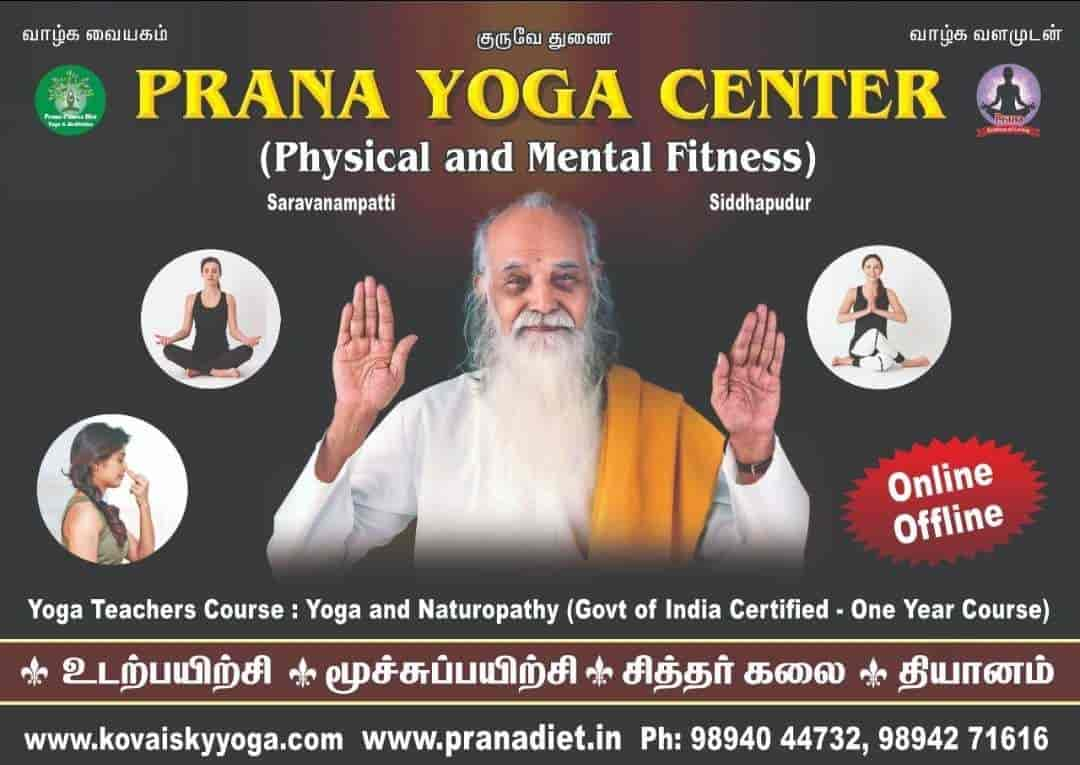
The Yoga Sutras of Patajali are a collection of 195 and 196 Sanskrit sutras. The text was composed in the early centuries CE by the sage, or yogi, named after him. He gathered the teachings of yoga from different traditions and combined them into one coherent set of yogic principles. The Patajali Yoga Sutras provide essential information for those who practice yoga.
Many translations are available. The Yoga Sutras were originally written in Sanskrit. Some translations have commentary by Swami Vivekananda and Sri K. Pattabhi Jois. The text can be found in English, although many yogic experts argue that a translation would not accurately convey its meaning. The sutras outline the path of moksha which, in other words, enlightenment. It is achieved through the union of mind and body.

The Theosophical Society first translated the Patanjali Yoga Sutras in English in 1885. These translations helped make the ancient Indian wisdom accessible to a wide audience. It is difficult to understand the text because it relies heavily on commentators from later times. They can still be useful today, so don't let this discourage you from learning them. And they will improve your yoga practice.
The yoga sutras are important for aspiring yogis and those who have been practicing for a while. Whether you're looking for a complete guide to the practice or just want to read about its history, you can find a free PDF version here. Have fun reading!
The Yoga Sutras Of Patanjali: Why They Matter For Your Spiritual Practice and Practice
The Sutras are divided into four limbs. The first two are primarily moral and observances, and the third relates to asana. Asana is the most crucial limb of yoga and is an integral part. Asana is the only limb in the sutras that directly refers to yoga. Asana means a stable, easy, and comfortable position.

The Yoga Sutras are an excellent source of inspiration. These Sutras teach us how to live a fulfilled life by letting go all of our worries. You can find peace and tranquility in a place you can meditate or relax. This will allow for you to become the best possible version of yourself. If you don't like the thought of pain, try a different approach. You will be more successful if you put in the work and stick to a schedule.
Yoga Sutras can be a valuable resource for anyone interested in yoga. While it can be overwhelming to read a book in its entirety, the intention is for it to become a living reality. The Patanjali Yoga Sutras are divided into three main parts: a) The first part is the goal of each chapter. It provides the foundation for yoga practice. The second part of this introduction is the introduction to the sutras.
FAQ
Do I have to exercise every single day?
No! You should do at least 30 mins of moderate-intensity activity 5 days per week. This means that you should be able to walk fast enough to feel slightly out of breath, or bike hard enough to sweat.
What's a good workout routine for daily?
Regular exercise is key to staying healthy. No matter what kind of exercise you do, as long you do it consistently. Consistency is the key. For you to get results, you have to stick with it for a longer period of time.
Begin with a small amount of daily exercise (like walking). Start by walking for a few minutes every day. Gradually increase your time exercising to 30 minutes per week. This could include running, cycling, swimming, weight training, yoga, or aerobics classes.
Try to get active every day. You should not miss any sessions unless there is a good reason.
Make sure to wear appropriate clothing and footwear for outdoor exercise. Weather conditions can also affect your ability and safety to exercise.
When exercising, ensure you drink lots of water. Avoid drinking alcohol during this time because it can cause dehydration. Also, don't drink caffeine-rich beverages like tea, coffee, or cola. They may give you energy, but they will also dehydrate you.
At first, it's normal to feel tired after you finish your exercise routine. You'll feel more energetic and refreshed if you keep going with your exercise program.
Do Men Need A Gym Membership?
For men, a gym membership is not required. But, if you do join a gym, it will make your money go further.
Most gyms offer free trial members, which allows you to use the facilities without paying anything.
The gym is free to use whenever you wish, and there are no fees. It's easy to cancel your membership when you decide whether or not you love the gym.
Eggs good for men
All nutrients are contained in the egg. It aids in maintaining strong bones, healthy hearts, and lungs, as it also maintains stable blood pressure.
Eggs are a great source of protein, vitamins A and B12, D. E. K, calcium, magnesium, selenium and riboflavin.
The egg yolk contains high levels of cholesterol. However, it does not contain saturated fat. Eggs contain less saturated fat than most other foods.
In addition, they are low in sodium and calories. You can make them in any way you like. They can be fried, poached, scrambled, boiled, hard-boil and baked.
They are very healthy and simple to make.
Two whole eggs should be eaten each day. If you dislike eating eggs, you should add them to your diet.
Essential nutrients are found in eggs. You can add eggs to your daily diet now.
Statistics
- 10 pounds in a month is likely during a lean bulking phase, especially for beginners. (muscleandstrength.com)
- An estimated calorie range for moderately active adult males falls between 2,200 to 2,800 calories per day, depending on age. (eatright.org)
- According to the American Heart Association, blood pressure should be checked at least once every two years, beginning at age 20. (my.clevelandclinic.org)
- Get free shipping and 25% off today. (healthline.com)
- Candidates and applicants must pass all four tests at 70% (minimum level) to graduate from Basic Deputy U.S. Marshal (BDUSM) Training. (usmarshals.gov)
External Links
How To
How do I lose weight while working out?
Exercise can help you burn calories and increase your metabolism.
Moderate intensity exercise is a safe way to lose weight.
These are some tips to help you lose fat while working out:
-
Cardio exercises include swimming, running or cycling.
-
Exercise for 30 minutes three times per week.
-
If you want to lose more weight, add strength training to your routine.
-
Avoid intense training. It's possible to build muscle, but not lose it.
-
Keep hydrated during exercise. Water helps to flush out toxins from the body and maintains proper hydration.
-
After working out, drink low-fat protein shakes. Protein shakes can help boost energy and repair muscles.
-
So you don’t feel hungry, eat smaller meals throughout your day.
-
Don't skip breakfast! Skipping breakfast can cause you to feel tired and sluggish.
-
Take care to your mental well-being. Stressful situations can slow your metabolism.
-
Keep a positive attitude. Studies show that overweight people are more likely to be obese than those who perceive themselves as attractive.
-
Sleep enough. You will have a harder time losing weight if you do not get enough sleep.
-
Always be active. Get up every hour and get moving.
-
Maintain a healthy diet. Healthy eating will keep you fuller and more satisfied for longer.
-
Find relaxation methods. Tenseness can cause stress hormones to break down muscle tissue.
A balanced diet contains all necessary nutrients for growth and development.
Six small meals per day is better than three large meals. This allows your body to properly digest what you have eaten.
For strong bones to be maintained, you need approximately 500mg of calcium per day. Calcium can be found in dairy products such as yogurt, fortified soybean beverages, orange juice, cereals, bread, and cereals.
Calcium is found in green leafy vegetables, beans, tofu, seeds, nuts, and cheese.
Vitamin D is essential for calcium absorption. Vitamin D can be found in egg yolk, fatty fish, and other fortified foods.
Vitamin E plays an important role in skin health. Vitamin E is found in vegetable oils and wheat germ oil, as well as peanuts, almonds and sunflower seeds.
Your body needs zinc for normal immunity function and wound healing. Zinc can also be found in legumes, oysters, meats and whole grains.
Zinc deficiency may cause fatigue, loss appetite, depression, and impaired immunity.
Eating too much sugar causes insulin resistance, which increases blood glucose levels. Insulin resistance leads to weight gain.
Insulin resistance occurs when the bloodstream is full of free radicals. Free radicals can be molecules with unpaired electrons that cause damage to cell membranes.
The most common sources of free radicals include food additives.
Free radical damage can cause cancer, heart disease and diabetes, as well as arthritis, asthma, and other diseases.
The best way to avoid free radicals is to eat a balanced diet high in antioxidants. Antioxidants protect against oxidative damage.
Vitamin C can be found in citrus fruits. Beta carotene can be found in carrots. Sweet potatoes. Tomatoes. Carrots. Sweet potatoes. Spinach. Broccoli. Cantaloupe. Vitamin E is found in nuts. Olive oil, avocados.
Additional antioxidant nutrients include selenium and copper, manganese and zinc.
Selenium helps protect cells from oxidative damage caused by free radicals. Selenium can also be found in Brazil nuts (tuna), liver, kidneys and shrimp.
Copper protects your eyes, brain, eyes and red blood cell. Copper is found in shellfish, poultry, meat, and organ meats.
Manganese plays an important role in bone structure. Manganese is found as a component of bone structure in brown rice (spinach, bananas), prunes, raisins and oatmeal.
Zinc is necessary for average growth, reproduction, and wound healing. Zn is found in lean cuts of meat, white fish, poultry, and eggs.